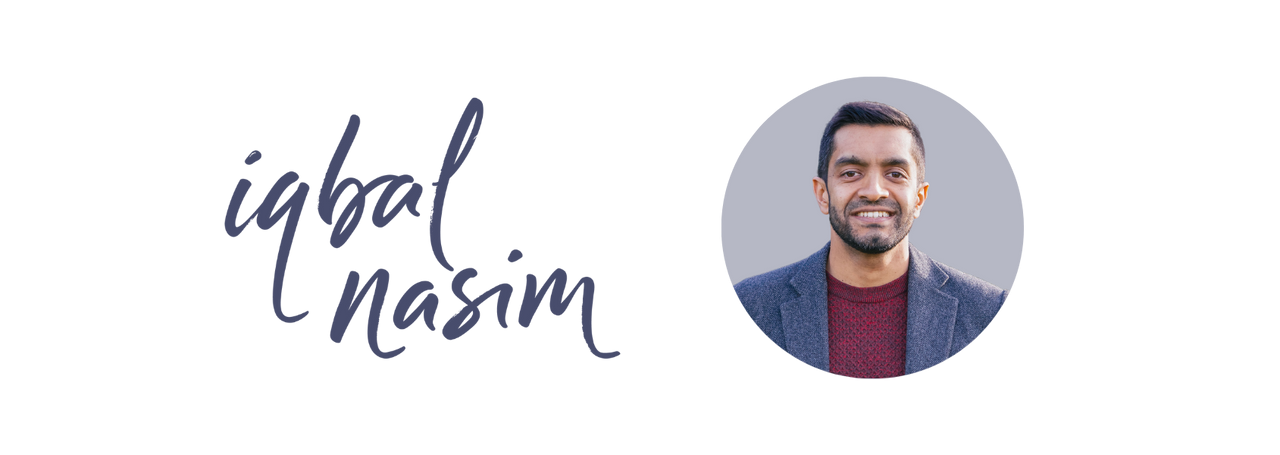The future of our mosques
INsights 047, Friday 12th July 2024
The future of our mosques
INsights 047, Friday 12th July 2024
Prefer to listen rather than read?
Listen to or download the audio file of this edition of INsights
In the last edition of INsights, I contrasted two approaches to our social and political engagement.
On the one hand there is the “Muslim community approach” which unfortunately continues to be our dominant one.
This involves prioritising advocacy for our needs as a community and pushing against the prejudices and injustices that we face. It is typified by an “us versus them” narrative, which usually comes across as quite negative and combative.
Crucially, this approach tends to remove any mention of God, faith or scripture in our public communication.
On the other hand there is the “universal God-first approach” which is what I’m suggesting would be far more authentic and effective.
This involves considering much more seriously the wellbeing of everyone in society, including ourselves. It is based on the realisation that our role is to promote monotheism alongside positive social and cultural change, thereby facilitating the straight path for as many people as possible.
It combines courage and compassion in bearing witness to God and in promoting goodness, in a way that is compelling and relevant to the context in which we live.
In the next few editions of this newsletter I will share several examples to make my case for the benefits of the universal approach even clearer, starting today.
The insular mosque
We typically think of mosques and, by extension, our community centres as having the role of serving our needs. They facilitate our prayer and much of our charitable giving. Some provide specific educational and other social services for different sections of our community: the youth, women or the elderly for example.
The leadership of these institutions thinks about how to support local believers, and local believers understand that the mosque is there for some of their needs if they wish to take advantage of the services on offer.
In this typical setup, unbelievers in the locality might get invited to visit the mosque once or twice a year at best, perhaps for a one-off dinner to break the fast in the month of Ramadan. Or perhaps for an “Islam Awareness” or “Visit My Mosque” event.
But on a day-to-day basis, neither does the mosque leadership see its role as worrying about their needs. Nor do they – the local unbelievers – consider the mosque to be a place where they are welcome, let alone relevant to their lives.
In many areas, they might understandably feel that the mosque comes across as so foreign, alien and unwelcoming that they are permanently put off the possibility of ever joining our ranks.
Hardly anyone questions this unnecessarily insular status quo.
But wouldn’t an open, universal approach be so much better?
The universal mosque
Consider a future reality where the average mosque or community centre is seen by local unbelievers as a place where they feel welcome on a regular basis to:
- watch Friday sermons and prayers.
- socialise with believers in their locality.
- learn about our worldview and core practices.
- benefit from our skills and expertise to help them lead better lives and solve their problems.
- participate in, for example, youth activities, mothers’ coffee mornings or elderly clubs alongside believers.
The list can go on.
Try to picture this reality for a moment. Aren’t its benefits obvious? Aren’t the barriers that you can think of that might prevent such an outcome from materialising both surmountable and mostly ones that we ourselves have needlessly imposed?
Wouldn’t mutual understanding, neighbourly harmony and, ultimately, a much better appreciation and possibly eventually whole-hearted participation in our way of life be a natural result of this approach?
Wouldn’t having this vision force us to think much more carefully and creatively about the way in which we make our words and actions meaningful and understandable to others as well as ourselves?
So what now?
If all of Britain’s 1,500 mosques got on board with this agenda, the positive effect on the social, cultural and political landscape could be monumental within one or two decades.
The change is possible and it starts with you.
So if you have any direct or indirect involvement with the way your mosque or community centre operates, then why not share this piece with your relevant friends and colleagues who are trustees, committee members or volunteers, and start to discuss its practical implications?
Next time
Next week, I intend to write about three examples of economic and financial matters to show the superiority of the universal approach over the insular approach. Specifically I will talk about student loans, home finance and aspects of national economic policy.
Watch this space!
Until next time.
Peace.
Iqbal
~~~
Before you go...
Do let me know how you found this edition of INsights by clicking on one of the words below, after which you can leave some further feedback. I do read all your comments, even though I can't reply to them all unfortunately.
Check out all my freely available courses and programmes here.
Join the Telegram channel here.
Have a blessed week. I'll send you the next edition next Friday, God willing.


